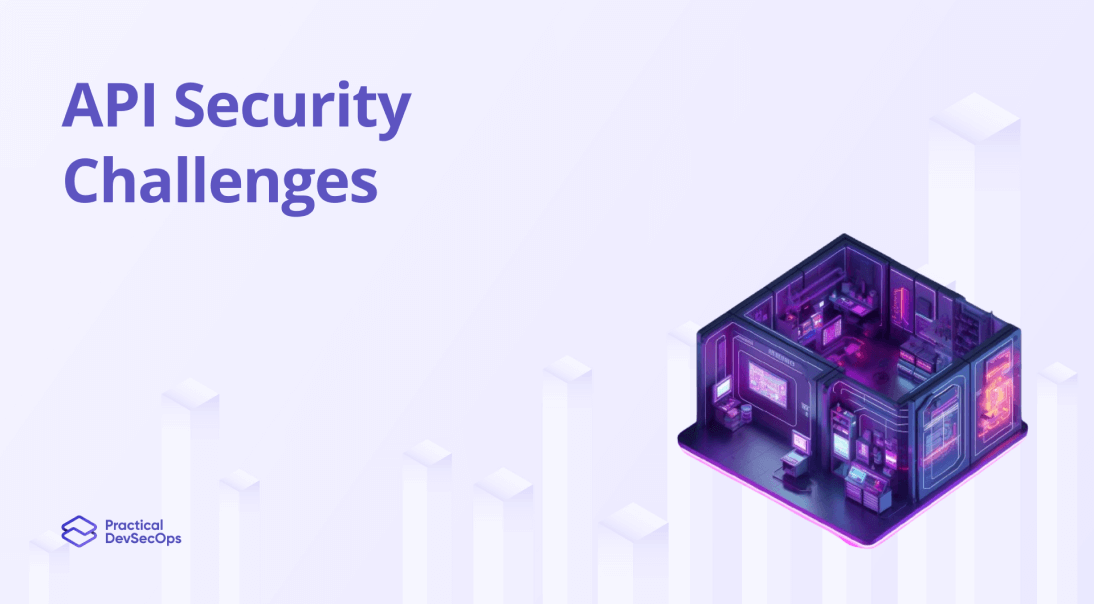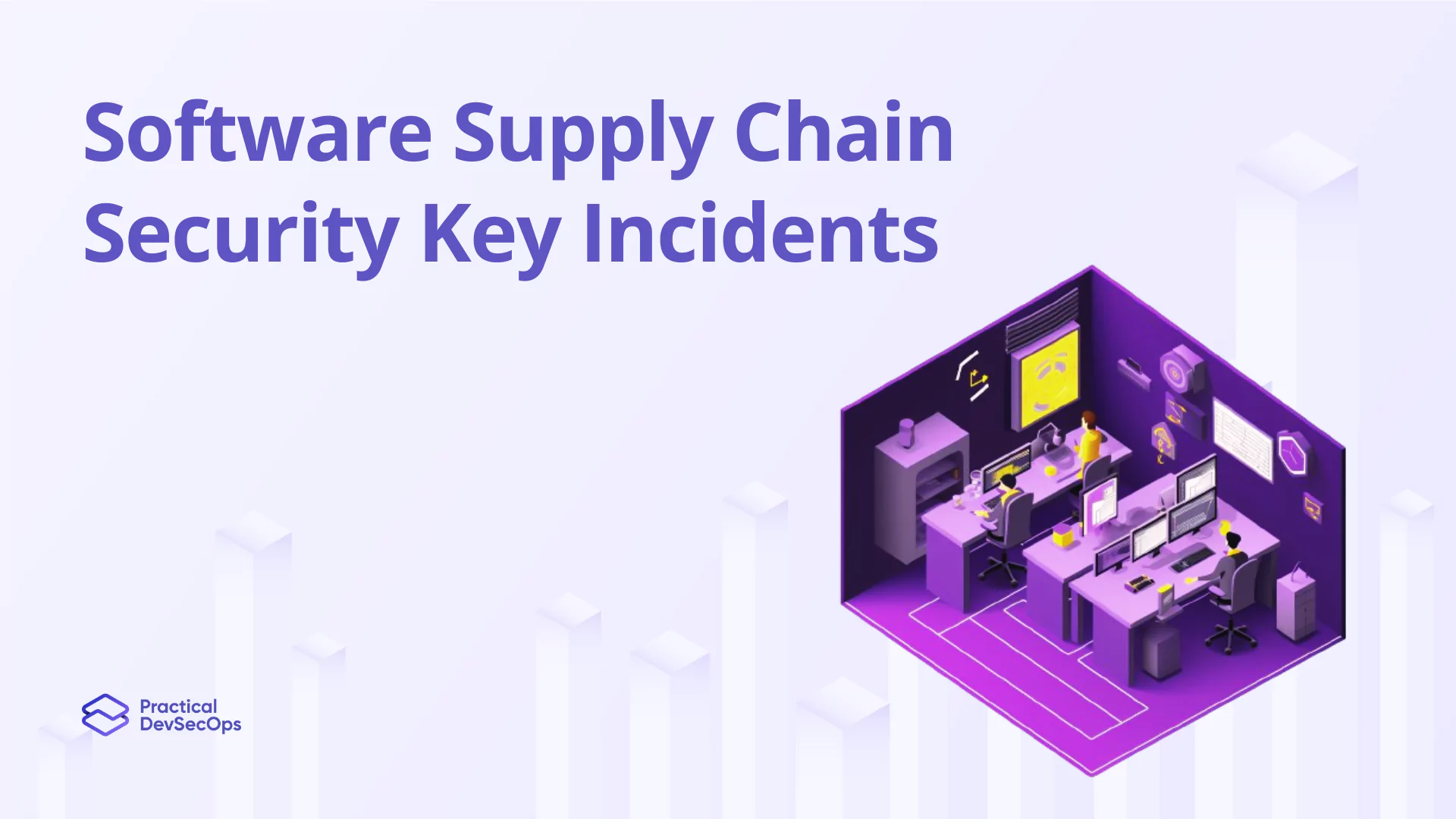APIs (Application Programming Interfaces) play a crucial role in modern software development, allowing different applications and systems to communicate and share data. However, with the increasing adoption of APIs, their security challenges have become a significant concern. In this article, we will explore the common API security challenges faced by organizations and discuss strategies to mitigate these risks.
1. Authentication and Authorization
One of the primary challenges in API security is ensuring proper authentication and authorization. APIs must verify the identity of users or systems accessing them and grant appropriate permissions based on predefined policies. Failure to implement robust authentication and authorization mechanisms can result in unauthorized access, data breaches, and exposure of sensitive information.
To address this challenge, organizations should consider implementing the following:
- Secure token-based authentication: Utilize industry-standard authentication mechanisms like OAuth 2.0 or JSON Web Tokens (JWTs) for secure token-based authentication.
- Role-based access control (RBAC): Implement RBAC to ensure that only authorized users or systems can access specific API endpoints or perform certain actions.
- Strong password policies: Enforce strong password policies and implement multi-factor authentication (MFA) where possible to enhance authentication security.
Also Read More About API Without Authentication
2. API Authorization Attacks
Attackers may attempt to exploit vulnerabilities in API authorization processes to gain unauthorized access or escalate privileges. API authorization attacks include techniques like API parameter manipulation, injection attacks, and access token spoofing. Organizations must proactively secure their APIs against these types of attacks.
Consider the following measures to mitigate API authorization attacks:
- Input validation and sanitization: Implement thorough input validation and sanitization to prevent injection attacks and ensure that APIs only accept valid and expected input.
- Strict data validation: Validate and enforce strict data validation rules to prevent unauthorized API parameter manipulation.
- Secure access token management: Regularly audit and rotate access tokens and enforce proper token storage and transmission protocols to prevent access token spoofing.
Also Read, Guide to API Penetration Testing
3. Data Protection and Encryption
Protecting data transmitted over APIs is paramount to maintaining its confidentiality and integrity. Insecure data transmission or inadequate data protection mechanisms can result in data leaks, unauthorized disclosures, or tampering.
Consider the following strategies to enhance data protection:
- Transport Layer Security (TLS): Utilize TLS encryption to secure data transmission over the network and prevent eavesdropping or tampering.
- Strong encryption algorithms: Employ strong encryption algorithms to protect sensitive data at rest, ensuring that data remains secure even if unauthorized access is gained.
- API payload encryption: Encrypt sensitive data within API payloads to provide an additional layer of protection.
Also Read, Best API Security Books
4. API Rate Limiting and Throttling
APIs are often targeted by attackers attempting to exploit brute-force attacks, denial-of-service (DoS) attacks, or resource exhaustion. Implementing rate limiting and throttling mechanisms can help protect APIs from these types of attacks and ensure fair usage by legitimate consumers.
Consider the following to implement effective rate limiting and throttling mechanisms:
- Throttle requests per second (RPS): Implement maximum RPS limits for individual API consumers to prevent abuse and resource exhaustion.
- Implement blacklisting and whitelisting: Maintain a blacklist of known malicious IP addresses and whitelist trusted consumers to further mitigate potential abuse.
- Monitoring and analysis: Regularly monitor API traffic and analyze anomalies to detect and respond to potential attacks in real-time.
Also Read, Guide to API Security Management
5. API Lifecycle Security
API security must be a part of the entire API lifecycle, from development to deployment and maintenance. Failure to ensure security throughout the API lifecycle can lead to vulnerabilities and security gaps that can be exploited.
Consider the following practices to enhance API lifecycle security:
- Secure coding practices: Follow secure coding practices from the initial development phase to minimize the introduction of security vulnerabilities.
- Thorough testing and vulnerability assessments: Conduct regular security testing and vulnerability assessments to identify and address any weaknesses or vulnerabilities in the API.
- Secure API documentation: Ensure that API documentation does not expose sensitive information or provide attack vectors for potential attackers.
Also Read, Best API Security Testing Tools
By addressing these API security challenges and implementing appropriate security measures, organizations can mitigate risks and ensure the integrity, confidentiality, and availability of their APIs. Protecting APIs is critical in preventing data breaches, maintaining customer trust, and safeguarding sensitive information in an increasingly connected digital world.
Also Read, API Security Best Practices
Interested in API Security Hands-On Upskilling?
Practical DevSecOps offers an excellent Certified API Security Professional (CASP) course with hands-on training through browser-based labs, 24/7 instructor support, and the best learning resources to upskill in API security.
Start your journey mastering API security today with Practical DevSecOps!
Download Free E-book on API Security
Also Read about, API Security Trends of 2024






0 Comments